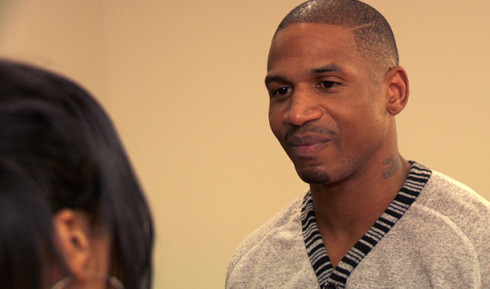
(Oyunga Pala) The Kikambala beach was once a bustling and popular vacation spot on the Kenyan coast. I remember the beach vividly and having a blast of a time on New Years’ Eve, 2005. It was just after the Asian tsunami and while skeptical Nairobians were avoiding the coast, I ventured out to find the beach was packed with holiday makers both local and foreign and crackling with activity.
On this mid-morning walk, an entire 10km stretch of sandy white beach on the North Coast resembled the Thika Super highway during the Obama visit. Deserted. I should have been thankful for the solitude but instead I was overcome by nostalgia. I walked past the occasional fishermen. Wiry characters with sinewy muscles, hauling tattered nets headed to the reef to fish. They rarely made eye contact to acknowledge the friendly nod of a stranger passing by. Two beach men, spotting dreadlocks, popped up at spaced intervals, selling shells and star fishes. Their sales pitch was weighed down by blue tales of the prevailing tough times. Coast tourism is crawling on its knees and it was self-evident. Former hotel workers had given up hope and escaped in search of greener pastures. Those left behind, bore a hollow look of apathy. Life used to revolve around utalii and the repercussions of the decline have been felt far beyond the beach.
The few functioning hotels on the stretch were experiencing an all-time low occupancy. The rest were abandoned or in ruins, all but empty, except for the conspicuous presence of a watchman guarding the grounds. Mostly seated on a plastic chair, looking out to the sea or chatting into a mobile phone.
In one abandoned property, I met Joshua from Bomet and a long way from home. Joshua was a lanky man and when he started speaking he was unapologetically frank. He was a witness to a state of affairs that had moved from bad to worse. MRC protests and terrorism had left only destitution its wake. Our conversation drifted from the struggling tourism economy to how his unstable financial situation had left him feeling vulnerable. In this devastated economy, he was one of the lucky few assured of a salary even though a few months late. It was something he wished his wife would appreciate.
He spent 14 hours a day away from his rented one roomed house and on many evenings comes home empty handed. Sometimes, a tip from a friendly resident who sent him on errands was all that kept him from outright destitution. One evening, he got home after a particularly tiring day. He found his two young children munching biscuits. They were so absorbed they did not even notice his arrival. When he eventually announced his presence, his youngest volunteered information that was best left classified. ‘Uncle’ had dropped by bearing goodies. He was certain that they were no known relatives or –in-laws living anywhere remotely close.
On the table was a thermos full of sugared milk tea and sliced bread dressed with margarine. Joshua preferred not to ask his jobless wife where she got the money from especially as this was his first meal of the day. As he sank his teeth through the stacked slices of bread, the dreadful thoughts of another man relieving him of his title as the real man of the house stalked him.
It is a position many married men can relate to. Sexual competition is what keeps men going and we are socialized to fend off the competition and save face. The shame of getting upstaged by another man for failing to take care of business, materially and sexually can drive one straight to depression. The fear of losing “real man” credentials is real. Men inherently suffer from the fear of relegation to a disempowered beta-male position for failing to perform masculinity by being a steady provider or an able lover in exchange female adulation. In cultural spaces, where men believing in asserting control and say over a woman’s body, the insecurity can manifest as jealousy with ugly abusive outcomes in a relationship. The fear of the stay-at-home, jobless husband waiting for his wife to return after another full day at the office so that he can finally attempt to reclaim her body to feel in control again.
While norm is to stick your head in sand or reach out for a scapegoat when a marriage is going through a rough patch, it takes bravery to admit fear. That ability to accept one’s insecurities and admit helplessness is something several men never learn. Unless, one admits suffering, one has no chance of getting over their suffering. It takes courage to keep the faith even when all hope seems extinguished. Courage is accepting that you are afraid and still facing your fears. That is what being a real man, is about.
CLICK HERE for more articles from the author



